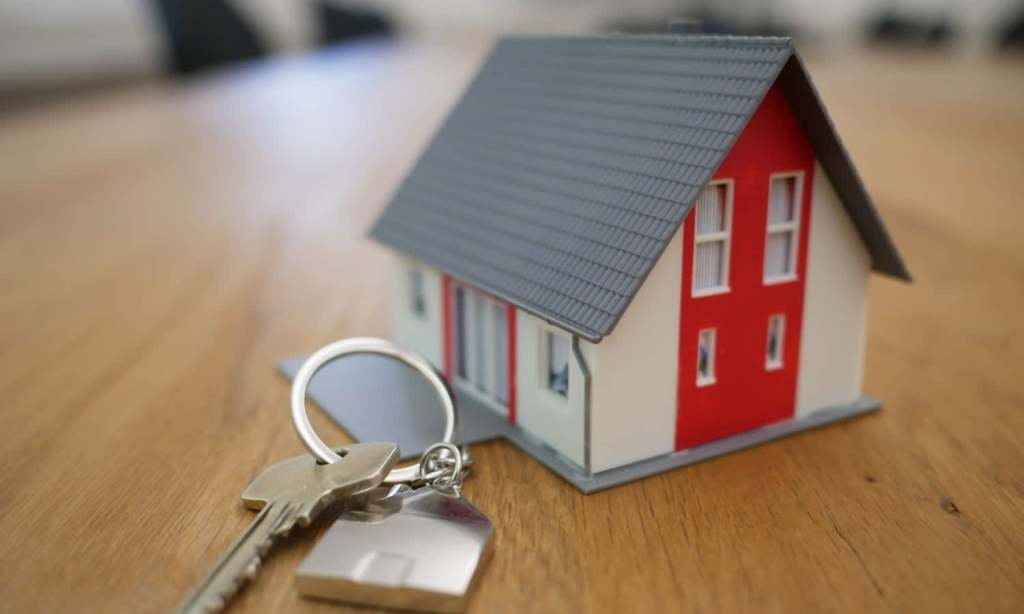Now that international travel from Australia is back on, with Australian citizens and foreigners allowed to enter and exit the country freely, how will that impact Australian house prices?
Well, according to a new Finder RBA Cash Rate Survey, of the 38 experts and economists who weighed in on future cash rate moves and other issues relating to the state of the economy, 3 in 5 said they believed the reopening of borders would contribute to rising property prices. Specifically, in Melbourne, Brisbane and Sydney, house prices are expected to rise another 8-9% in 12 months.
Graham Cooke, head of consumer research at Finder, says the current house price surge was being driven by both owner-occupiers and local investors. “The opening of international borders, and the return of potential overseas investors, may well re-fuel the market even further,” Cooke says.
According to the experts, houses in all cities are forecasted to have better price growth compared to apartments. Melbourne is predicted to have the biggest price jump, at 9% growth, with Sydney and Brisbane not far behind, at 8%. Hobart, Perth and Adelaide are expected to have 5% growth, while Darwin will be 4%.
Cooke says the average homeowner in Sydney is set to make $342,306 over 2021 and 2022, an eye-watering 3.5 times the average household salary of $97,211, just on their property. “Melbournians are a distant second, with the average homeowner merely making 1.6 times the average salary,” he says.
Apartments, on the other hand, are only expected to rise 4% in Sydney, Melbourne and Brisbane and 3% in Adelaide, Canberra, Hobart and Perth.
The study also found that more than half of experts (59%) agree that first home buyers are being pushed out of the property market due to increasing investor activity. Cooke says recent events have seen investor interest in Australian property explore over the past 12 months.
“In 2020, investors were pretty cautious about property due to a number of pandemic-related policies that made it mostly unappealing to own a rental property,” he says. “However, investors have cautiously started stepping back into the market since the eviction moratorium expired in most states in September last year.”
Two-thirds of experts (63%) believe the October to December quarter will see even more investor loans. And there goes any shred of hope we had for us ever being able to become homeowners.
Read more stories from The Latch and subscribe to our email newsletter.







